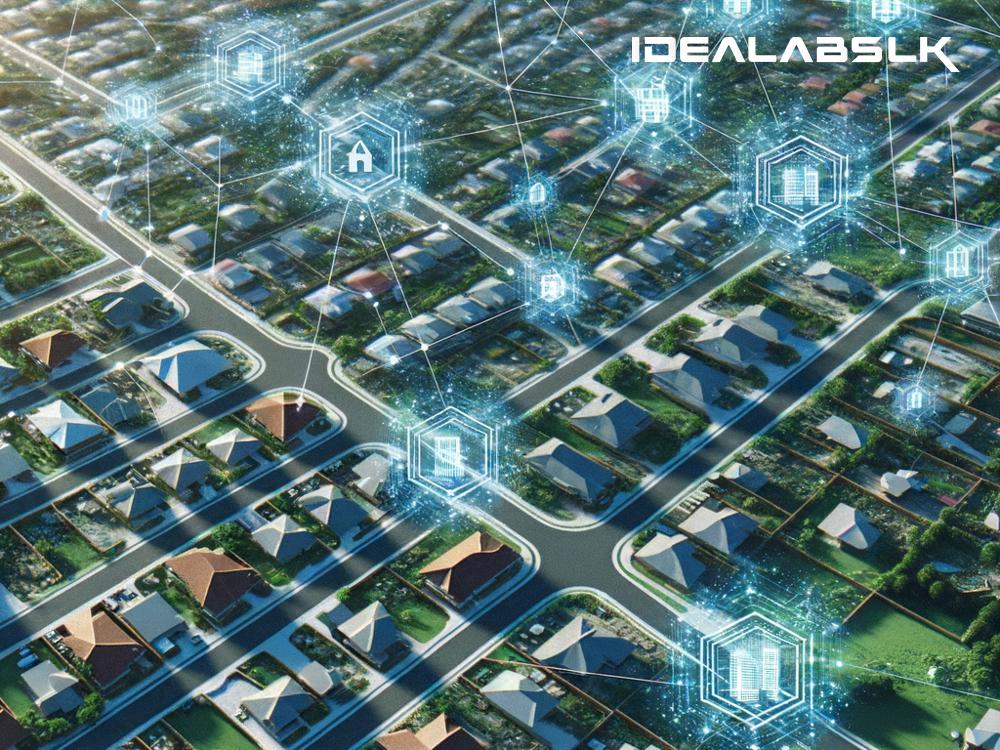How Blockchain is Revolutionizing the Property Rental Market
In our fast-moving world, technology is reshaping every aspect of our lives, and the property rental market is no exception. A standout innovation, blockchain technology, once known chiefly for its role in creating cryptocurrencies like Bitcoin, is now making waves in the rental property sector. But what is blockchain, and how is it streamlining the property rental market? Let’s break it down in simple English.
Understanding Blockchain Technology
First off, blockchain can be imagined as a digital ledger or record book. However, unlike a traditional ledger, this one is duplicated across a network of computers, making the data stored on it highly secure and nearly impossible to tamper with. Each block in the chain contains a number of transactions; every time a new transaction occurs, a record of that transaction is added to every participant's ledger. It's like having a diary that automatically copies your entries to your friends' diaries, ensuring everyone has the same notes.
Streamlining the Rental Property Market with Blockchain
Now, let's explore how this technology is redefining the rental property scenario:
- Simplified and Secure Transactions
Rental transactions involve lots of paperwork and third parties, like agents and lawyers, which can make the process slow and costly. Blockchain simplifies this by digitizing the paperwork and storing them securely. This means contracts (like rental agreements) can be created, verified, and signed digitally, reducing the need for intermediaries and cutting down costs and processing times.
- Trust and Transparency
Trust is a critical issue in rental transactions, with both parties worrying about fraud. Blockchain's transparent nature addresses this concern head-on. Since every transaction is recorded and can be seen by all parties involved, it greatly reduces the fear of fraudulent activities. Renters and landlords have peace of mind knowing that the records can't be altered without consensus from all involved.
- Efficient Property Management
Managing a rental property involves numerous tasks, including maintenance, repairs, and payments. Through blockchain, these processes can be automated using smart contracts. These contracts are programmed to execute transactions automatically when certain conditions are met. For example, a smart contract could automatically release the rental payment to the landlord once the tenant confirms they've received the keys. This automation reduces paperwork and makes the rental process more efficient.
- Decentralized Listings
Typically, property listings are centralized within specific platforms or agencies. Blockchain introduces a decentralized approach, where listings can be shared across a network without the need for a central authority. This broadens the visibility of properties and helps to create a more competitive and fair marketplace, potentially lowering rental costs.
- Direct Payments
With blockchain, it's possible to make direct payments using cryptocurrencies, bypassing traditional banking systems. This can be particularly advantageous for international transactions, removing the need for currency exchange and reducing transfer times and fees.
- Identity Verification and Credit Checks
Verifying a potential tenant’s identity and credit history is a crucial step in the rental process, which can be laborious and privacy-intrusive. Blockchain allows for secure and confidential verification processes. Prospective tenants can control who gets access to their credit and identity information through blockchain, ensuring data privacy and security.
The Road Ahead
While the potentials of blockchain in the rental market are immense, it's worth noting that this technology is still relatively new and evolving. There are challenges to be addressed, such as legal frameworks, scalability, and wider adoption. However, as technology advances, we can expect these obstacles to be overcome, paving the way for a more streamlined and efficient rental market.
In Summary
Blockchain technology is set to revolutionize the rental property market by making transactions more secure, transparent, and efficient. From automated property management using smart contracts to decentralized property listings and direct payments, blockchain minimizes the need for intermediaries, cuts down costs, and expedites the rental process. As we move forward, this technology could very well be the cornerstone of a more accessible and reliable rental market. The future of renting properties, fueled by blockchain, promises a smoother, faster, and more secure experience for all parties involved.

